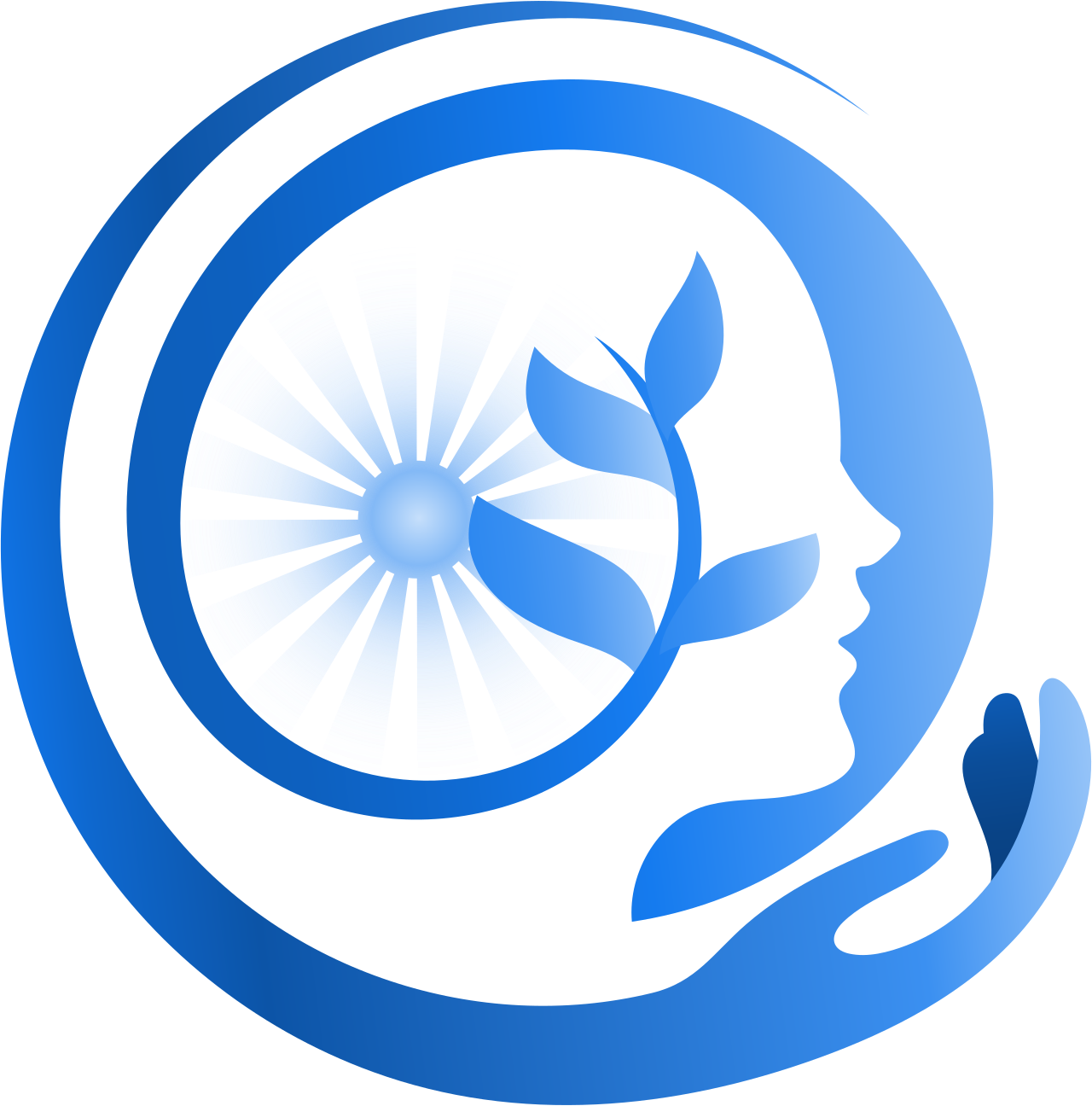The Way Back…
Giving up drugs is a process.
It sounds very cliché and ‘rough’ in a way—the expression: giving up drugs.
The whole thing is a lot more complex than simply stopping ingesting substances. You can stop ingesting intoxicants and still be addicted to substances.
It’s called being a sober addict.
To truly ‘give up’ substance use, one must come into contact with their true self—and take this Self up.
Recognise it. Value it. Hold it.
And so, the task is to learn to love yourself.
How simple it sounds.
And yet, what this involves is no less than the ability to travel back in time, unprotected, and look at all those things you’ve made an identity from forgetting. To risk falling into a torrent of your truth’s despair, swept away in never-ending sorrow—this doesn’t happen.
But you must have the courage to find out, with little to no evidence that it will indeed be okay.
No one can truly tell you it’ll be okay.
While we all have the same Ocean to swim, the conditions vary for each of us.
My hero’s journey is not your hero’s journey.
Can you truly tell me it’ll be okay?
Yes, you could.
But no, I wouldn’t believe it.
I couldn’t.
Courage it is, then. The courage to leap off the cliff and grow your wings on the way down—it’s quite literally that scary, to jump and trust you can fly.
Ultimately, it was a blend of courage and something else that made me jump.
Something else that said, even if I couldn’t grow my wings in time—I still have to try.
As it turned out, I didn’t grow them in time to completely break my fall.
But I survived the fall.
And when I picked myself up off the ground, I found my wings intact. The effort I had made was not in vain.
You could stop ingesting intoxicants and still feel every moment of each day like running away from yourself—so uncomfortable in your skin, you might become a gym junkie instead. A workaholic. A shopaholic. Any other -aholic—still unable to validate yourself, clinging to external reward instead of radiating reward to those you love.
Including your Self.
It’s not the drugs. Truly, it isn’t.
Although, when in the presence of your true Self again, the notion of ingesting poison to take you away from yourself is as ridiculous as it sounds in plain language.
See, when you cling to something external in spite of a connection to yourself—this is addiction.
To prioritise this sense of happiness over your true orientation is to walk away from yourself.
And when you walk away from yourself, you aren’t there for the people you love.
And this, perhaps, is why it is so hard to find our way back.
Maybe we grew up with people who had lost themselves also, and were not there and present with us. Maybe something happened to us and we weren’t protected. Maybe we were exposed to bullying, and no one taught us to feel secure in ourselves, and we lost confidence in our worth.
In any event, we can grow up believing that we are unlovable and worthless.
And it is with this belief that one can easily think—
Well, I’m worthless, so why not take substances?
It feels better.
Anything but this agony.
What does it matter if I damage my Self?
My Self is worthless.
And then, the notion of not being there for others becomes—
Well, I’m unlovable and worthless.
My presence isn’t valued anyway.
If we are reliant on others to feel valued, we think—
Even when I value myself, others do not. Therefore, it’s pointless.
Perhaps especially when I value myself, others do not—and here, we have come to think of our value in imaginary terms, becoming frustrated when others don’t agree.
When we feel valuable, others know it.
We cannot tell.
And demonstrating is false, because it asks someone to value your demonstration, not your Self.
Value cannot be proven, only embodied.
Value simply is—and when it is authentically held, it radiates.
Real worth isn’t something we can demonstrate, because the need to demonstrate it proves we don’t yet believe in it.
Again then, the task is to learn how to love yourself in the absence of being shown by a loving other.
This requires the willingness to learn.
The willingness to learn—earnestness—can only come about when we have the courage to admit we don’t know.
And the courage to admit we don’t know either comes about when we fall so hard it is obvious—
Or when we choose to lay down the illusion of knowing.
Not because we are forced to, but because we recognise that true growth begins where certainty ends.
This is what is meant by “surrender to what is.”
It is famously misused and misunderstood.
Surrender is not about passivity and helplessness, but clarity and alignment.
Not giving up, but giving over.
Not weakness, but willingness.
Self-love is not an inheritance, it’s a discovery.
And so, it is not something to be learned, but a way to Be.
How then, do we learn how to Be another Way?
It can’t be thought.
It must be felt.
It can’t just be felt.
It must be practised.
And we must have the courage to practise with imperfection.
Truly then, it is our mistakes, made in earnest along the way to embodying self-love, that hold the highest value.
And if we learn to value our mistakes for the gold between the cracks they are,
We will not just hold self-love—
We will become it.

